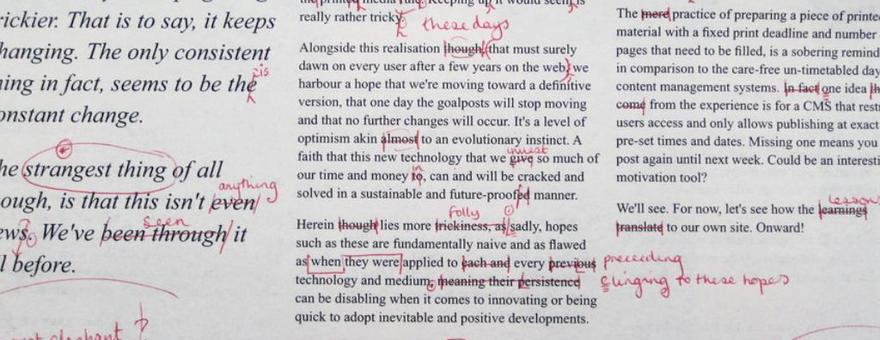
A previous TWW post has focused on ways to highlight the discipline-specific roles and relevance of writing in your course syllabus. This post extends this practice of making explicit the intellectual moves and conventions in your field through the use of meta-teaching strategies.









Posted by Matthew Luskey // // 0